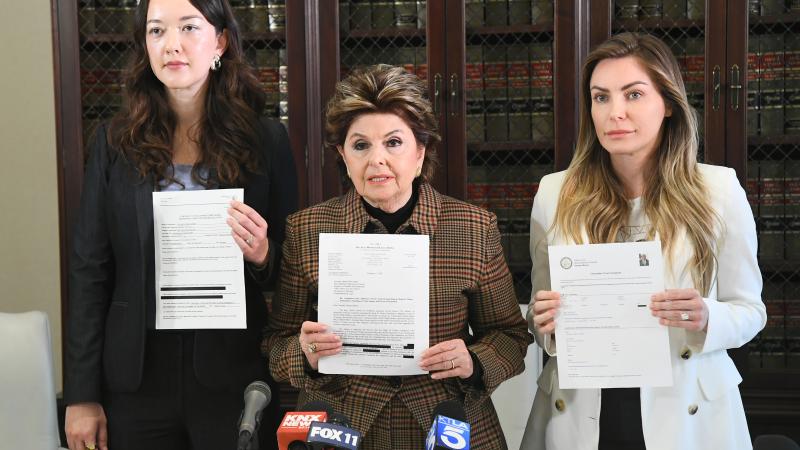Dems' $4,500 tax credit for union-made EVs shaping up as next fight in Biden spending bill
Democratic West Virginia Sen. Joe Manchin has publicly criticized the proposal, which would add $4,500 on top of an extension of the $7,500 tax credit
A proposal to offer an additional $4,500 tax credit for the purchase of union-made U.S. electric vehicles is shaping up to be the next issue of contention in the Democrats' nearly $2 trillion budget reconciliation bill.
Under the plan, an extra $500 tax credit would be applied if the vehicle contains 50% domestic parts.
Democratic West Virginia Sen. Joe Manchin, a key swing vote in the evenly split Senate, has come out forcefully against the preferential $4,500 incentive.
"When I heard about this," Manchin said in an interview, "what they were putting in the bill, I went right to the sponsor [Michigan Democratic Sen. Debbie Stabenow] and I said, 'This is wrong. This can't happen. It's not who we are as a country. It's not how we built this country, and the product should speak for itself. We shouldn't use everyone's tax dollars to pick winners and losers. If you’re a capitalist economy that we are in society, then you let the product speak for itself, and hopefully, we'll get that, that'll be corrected."
Auto makers such as Tesla, Toyota and Honda are opposed to the Democrats' proposal, given that their workforces are not unionized.
"What does this say to the American autoworker who has decided not to join a union? It says that their work is worth $4,500 less because they made that choice.
"What does this say to the American consumer?" asked a recent Toyota ad against the proposal. "It says that if they want to buy an electric vehicle not made by Ford, General Motors or Chrysler, they will have to pay an extra $4,500 — which is about $100 more per month over a four-year period."
Republicans have argued that a $4,500 tax credit added on top of the existing $7,500 credit for electric car purchases would disproportionately help wealthy Americans purchase pricey EVs.
In 2020, electric cars accounted for only 2% of new passenger vehicle sales.
According to a Consumer Reports analysis conducted last year, electric cars "can cost anywhere from 10 percent to over 40 percent more than a similar gasoline-only model." The study also found that the estimated savings on fuel and repair costs could offset higher purchase prices for EVs over time.
Biden's reconciliation bill includes roughly $550 billion for climate change programs and initiatives.














